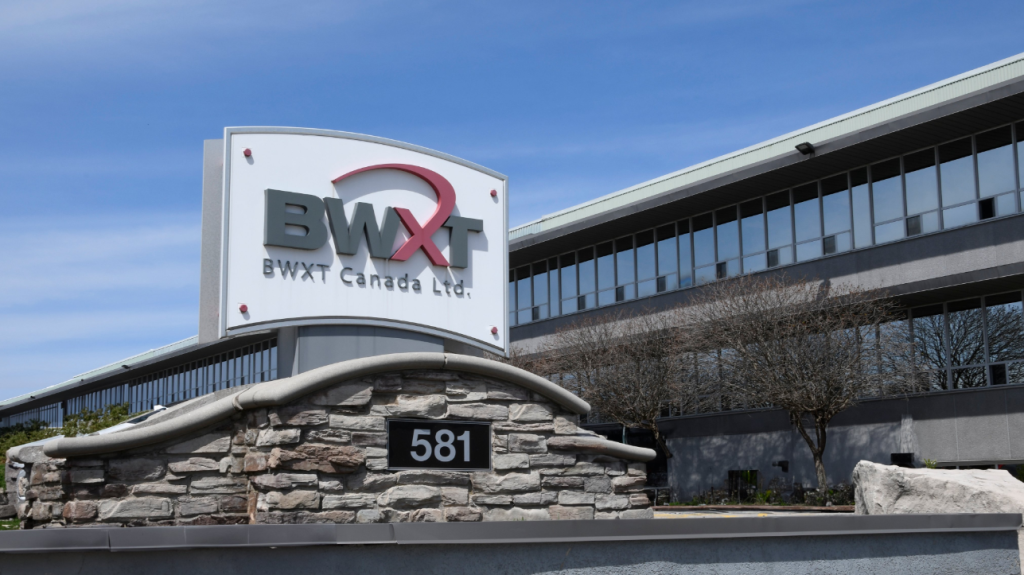Senator’s office says review has found no royalty violations for US coal exports
Posted Feb 8, 2013 01:52:58 PM.
This article is more than 5 years old.
BILLINGS, Mont. – A spokesman for U.S. Sen. Lisa Murkowski said Friday that federal review has so far found no evidence mining companies knowingly skirted royalty rules as they’ve increased coal exports to Asia.
Murkowski, an Alaska Republican, and Oregon Democratic Sen. Ron Wyden have raised concerns that as U.S. coal exports grow, taxpayers could lose many millions of dollars annually if royalties are unfairly calculated.
At issue is when mining companies sell coal from federally-owned land in the West to affiliates or brokers. The affiliate then sells the fuel for many times the original price after shipping it to Asia, while the parent company pays royalties based on the mine price.
Last month, the senators jointly called for Interior Secretary Ken Salazar to look into whether the industry’s practices violate federal royalty rules.
Audits of coal sales are ongoing, but Murkowski spokesman Robert Dillon said Friday that Interior officials have yet to find any violations. That’s based on a letter from Salazar to the senators delivered Thursday, Dillon said.
“It doesn’t appear there were any knowing or wilful violations of the royalty law. That doesn’t mean they might not find violations,” he said.
Companies defend their use of affiliates for export sales, and have argued to Interior officials that the higher price for the fuel in Asia reflects additional shipping costs. That should be counted as a different line of business than mining, they contend.
But the chief of the Montana Department of Revenue’s business tax division, Lee Baerlocher, said the practice gets the attention of government auditors.
“It’s an audit red flag, meaning we’ve got to look into it, but it doesn’t necessarily mean that’s not a fair price,” Baerlocher said.
In December, the Interior Department convened a special task force with auditors from Montana and Wyoming to determine if the mining industry has been paying its fair share of royalties. Half of the amount collected goes to the federal government and half to the states.
U.S. coal exports hit an estimated 124 million tons in 2012, a record level that gave the industry some sorely needed relief in the face of declining domestic demand for the fuel.
That includes increasing quantities of steam coal used in power plants shipped to Asia by companies including Arch Coal Inc., Peabody Energy Corp. and Cloud Peak Energy Inc., and Signal Peak Energy.
Most of the exported coal from the West comes from Montana, with coal also being exported from mines in Wyoming, Colorado and Utah.
In 2011, the most recent year for which state-by-state figures were available, those states sent 21.7 million tons into the export market through ports on the West and Gulf Coasts.
Proposals to export even more coal, through new and expanded West Coast ports, faces concerted opposition from environmentalists and some public officials.
Securities filings by Cloud Peak Energy show Asian exports accounted for 23 per cent of the company’s royalties but only 5 per cent of its coal production through the third quarter of 2012.
In a letter to Interior Secretary Ken Salazar, Cloud Peak chief executive Colin Marshall said the company considers transportation logistics work as “fundamentally different than our business of selling coal at the mine.”
He said the company plans to list mining and logistics as separate businesses in its upcoming annual report.










